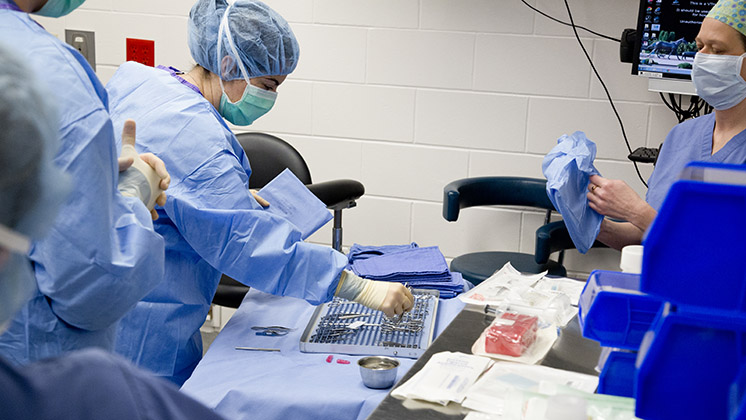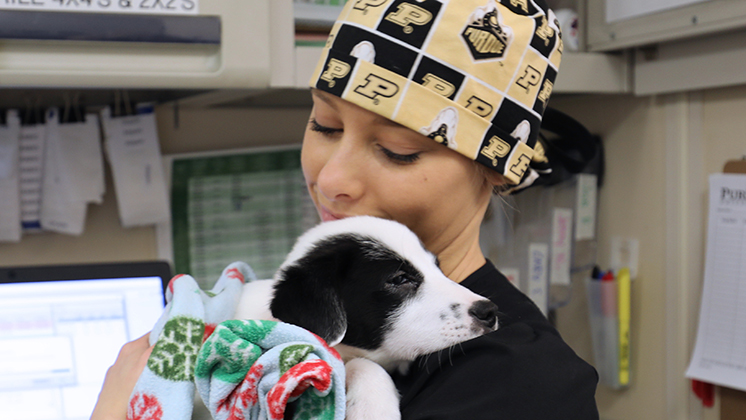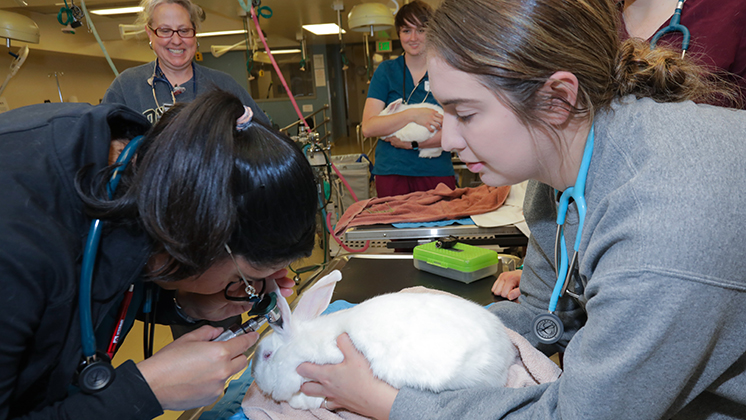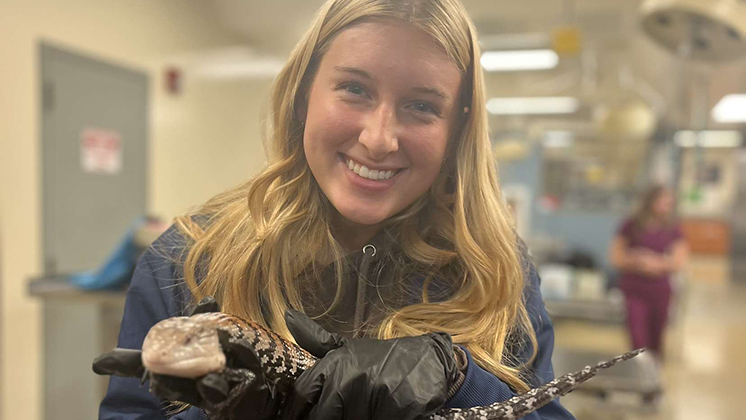
by Josh L. Clark, MS, RVT and Kelsey Wirt, MS, LVT
In recent years, the term veterinary nurse (vet nurse) has started to be used interchangeably with veterinary technician (vet tech). That raises the question regarding whether or not these are equal roles. Here's a closer look.
In many parts of the world, including the United States, the term "veterinary technician" is widely used. However, there's an ongoing discussion within the field about changing the official title from "veterinary technician" to "veterinary nurse." This change is proposed to better represent the role vet techs play in animal healthcare and make it more understandable to the public.
In some countries like the UK, the title "veterinary nurse" is already in use and is a protected term. This means that only those registered with the Royal College of Veterinary Surgeons (RCVS) can call themselves a veterinary nurse.
In the United States, most vet techs earn an Associate Degree and/or a Bachelor’s Degree in Veterinary Technology. Vet tech programs must be accredited by the American Veterinary Medical Association (AVMA) in order for graduates to be eligible for credentialing. After graduation, they must pass the Veterinary Technician National Examination (VTNE) to become licensed, registered, or certified, depending on the state's regulations.
In the UK, according to the RCVS there are two routes to becoming a qualified veterinary nurse; either via vocational training or via a higher education qualification. Both routes lead to registration as a veterinary nurse. A degree course will take a little longer than a vocational qualification and is more academic, but you will be required to undertake clinical placements in an approved training practice. A degree in veterinary nursing can lead to additional career opportunities, such as research, the pharmaceutical industry and teaching, in addition to work in clinical veterinary practice.
The job duties of a vet tech and a vet nurse are the same. They include, but are not limited to, taking patient histories, collecting samples and performing laboratory tests, providing specialized nursing care, preparing animals and equipment for surgery, administering medications and vaccines under the direction of a veterinarian, and educating animal owners. To learn more about the job duties of a vet tech/nurse, check out this article.
This is why there has been a shift in the US towards a title change from vet tech to vet nurse. This will help the general public better understand the role that vet techs play on the veterinary healthcare team.
Find your calling as a Purdue Veterinary Nurse!
Not quite ready to apply? Connect with us to learn more.

Explore the physical and emotional challenges of being a vet tech, and discover effective strategies to manage and mitigate stress in this rewarding profession.
Read more
Explore the contrasting paths of becoming a veterinarian versus a veterinary technician, weighing factors like education, financial implications, and hands-on animal care. This comprehensive guide aids in discerning the best-fit veterinary career, backed by insights from Purdue's esteemed programs.
Read more
Explore scholarships, federal aid, and veterinary partnerships as invaluable resources to afford vet tech school tuition and overcome financial challenges in pursuing a veterinary technician career.
Read more